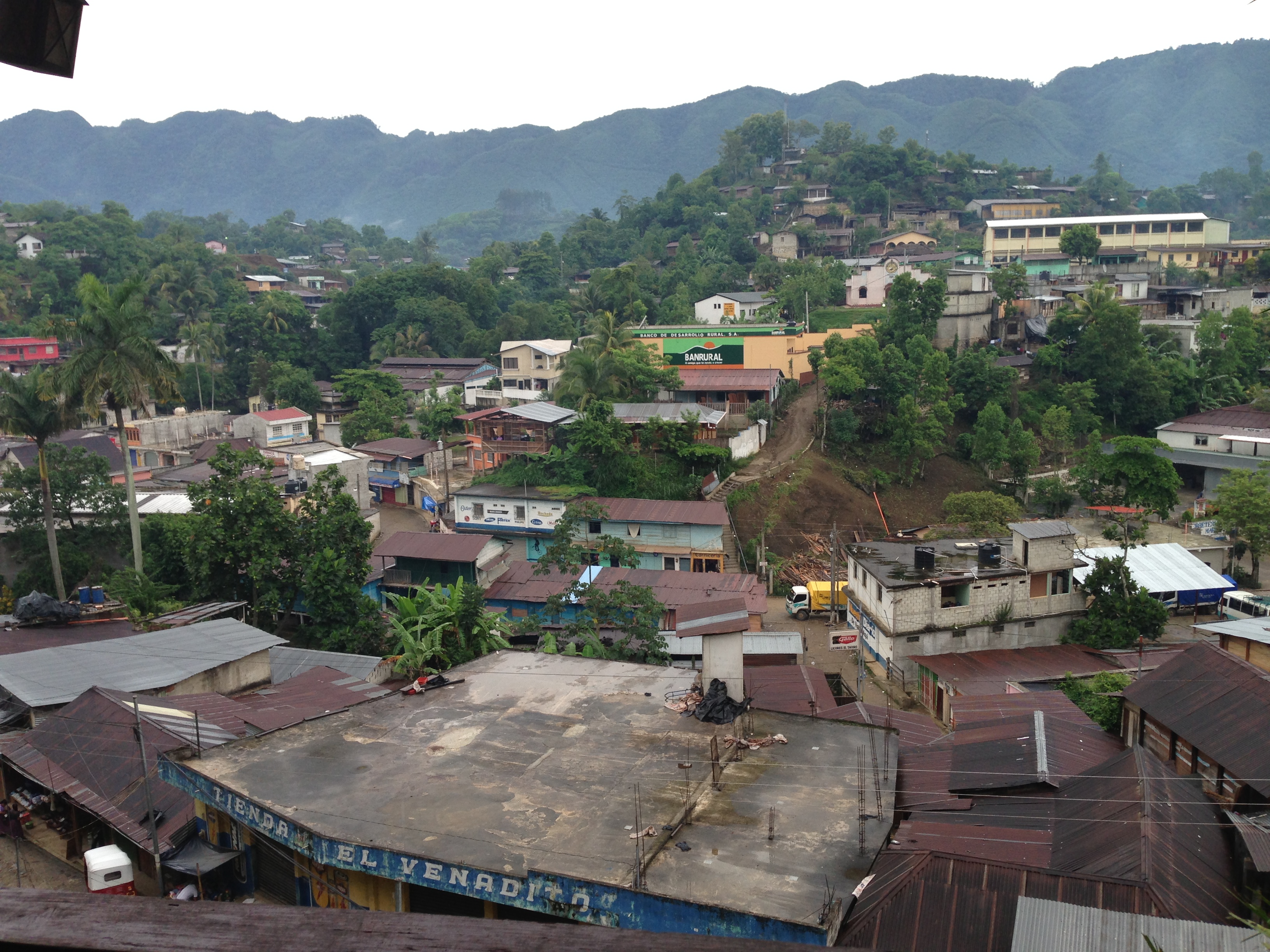
A PA Latina mixes high-fashion huarache sandals and mission work in Guatemala
Millennials not only prefer working for socially conscious organizations — they also like starting them. From a business perspective, the huarache sandal line from IX Style (pronounced "eye ex") hones in on a niche market. But IX also has a philanthropic mission. Every pair of shoes sold provides clean drinking water to families and empowers female workers in Guatemala.
Millennials not only prefer working for socially conscious organizations — they also like starting them. From a business perspective, the huarache sandal line from IX Style (pronounced "eye ex") hones in on a niche market. But IX also has a philanthropic mission. Every pair of shoes sold provides clean drinking water to families and empowers female workers in Guatemala. We talked with founder Francesca Kennedy about everything from her celebrity endorsements to her weavers’ wages.
Tell us about your background.
I’m a Pennsylvania girl. I grew up in Allentown and went to college at Lehigh University. Both of my parents were born in Guatemala, and except for them my whole family still lives there. Since I was a little girl I’ve been going back and visit them, and that’s how this all started. There was such a disparity between the wealthy and the poor. I saw the terrible condition of Lake Atitlan and the contaminated drinking water. I always knew I wanted to do something to help the situation, but I didn’t know what exactly.

So how did IX-Style come about?
The idea came about in 2011, and we launched in 2013. A bell went off in my head and I thought “this is what I should be doing.” I had read Start Something That Matters by TOMS Shoes founder Blake Mycoskie. It’s very inspirational for an aspiring social entrepreneur. I thought, if he can do it, I can do it.
What attracted you to the product?
Our huarache sandals are a very typical shoe in Central America, particularly Guatemala and Mexico. I grew up buying the shoes at the local market. After I read Blake’s book, I wondered if I could do something similar with them, and that’s where the inspiration came from. Every year I try to update the styles and different colors.
What’s your short- and long-term plan for the brand?
We just launched reversible handbags three months ago, and we’re developing a clothing and bikini line that should be done by the summer. Our hope is that IX-Style will be a complete lifestyle brand.
What’s your short- and long-term plan for the brand?
We first started as selling direct to customers from our website. One day we dropped off some of shoes to Gwyneth Paltrow, who lives near our office in Tribeca. Gwen runs a really influential fashion site called Goop.com We never heard back from her until a few days before Christmas in 2013. I saw all these sales coming through. I went through the Google analytics, and saw that it was coming from Goop. A few days after that, Paltrow’s buying team reached out to ask if we’d design an exclusive style for their website. The reaction was incredible. It lead to us getting picked up by the Gap, and everything snowballed from there. We’ve been incredibly blessed. Those are just the big stories, but there’s been so many others who have showed support to us.
How did you the two non-profit associations that you work with?
I reached out to Asociación Puente (Bridge Association) and asked if I could come on a water mission with them. They welcomed me with open arms. I went and saw that was literally dollar for dollar going back to these communities. Their business model is all about women’s empowerment. It’s a model I’ve always believed in. If you invest into women, they typically invest 90 percent of their income back into their families, versus 30 percent for men. Their entire business model is about educating women — feeding their children nutritionally, education, sanitation, hygiene. And they teach them how to save money and how to get jobs.
The other organization, Charity Water, works in a different country every quarter. I fell in love with their business model. There is a second organization that funds their operational costs so that 100 percent of their donations, every single dollar, goes towards water wells and water filtration devices. They build GPS systems on the wells, so people who donate can locate the well and view its status. Is it damaged? Does it need repairs?
How much of your profits go towards the charities?
We are a for-profit. We give 15 percent of our profits to the two charities, so 7.5 percent each annually.

How have you seen the impact of your donations?
On our first mission, we saw families living in extreme poverty ... dirt floors, no lighting, and no running water. With Asociación Puente, we got to see families that our donations directly benefitted. They had water filtration devices installed in their homes, which is basically a rain collector with a filter at the bottom. For the first time in these families’ lives they didn’t have to collect water at the river. The concept kind of blew their mind. We did the walk they used to do before, to collect water for their homes. It was sunny day and it was still so muddy. We had boots on and we were still sliding up and down. For us, we were laughing and having a good time as a big group. But I couldn’t imagine doing that every single day to collect water. I can’t imagine what it’s like with a little bit of rain.
I’ll never forget this. The family had two or three chickens, and they killed one of them, which I can’t even imagine how much that is for their livelihood, and they cooked us a soup. They were in tears. The very few things that they had they brought us. Fresh cocoa, the little fruits in their garden.
The most important thing to me is that there’s a follow-up. The association checks on the kids and make sure they’re implementing the lessons that they learn. It’s not like “hey, we’re here, we’re putting in this device and then we’ll never see you again.” The technicians visit with the families every week. They’re really like a second family to them.
TOMS Shoes’ premise was combatting foot-in-mouth-disease and providing third world countries with footwear. But they also got a lot of criticism for their business model. Critics said that giving money would be a more direct benefit. What’s your stance on the issue?
If one pair of shoes could prevent foot-and-mouth disease, I’m completely for it. And as much as we completely admire everything that Blake has done with TOMS, we wanted to take it one step further. All of these issues — especially hygiene and sanitation — need to be addressed, and I thought we could do that by giving to these organizations that really deal with these root issues.

Do you plan to expand your support of mission work?
We want to employ as many people in Guatemala as possible. In five years, I would love it to be a Free People aesthetic, and to grow as big as TOMS, but have everything made in Guatemala and create jobs down there.
Have you visited to see the working conditions of your employees in Guatemala?
Yes, absolutely. The cotton fabric used to make our shoes is made in-home by these amazing weavers. The women don’t have to leave their homes, which is great because they usually have a lot of kids to take care of. This is something that they can use to supplement their income. I’ve met with these women in their homes and their lives have been transformed. They can pay their kids’ school, their food, their clothing.
What about their wages?
They workers are actually paid a Fair Trade Premium wage. They make more per pair of shoes than those huarache sandals you’d buy at the local market. The workers are managed by a non-profit group of weavers with between 300 and 600 women depending on the time of year. They work with many companies, not just ours.


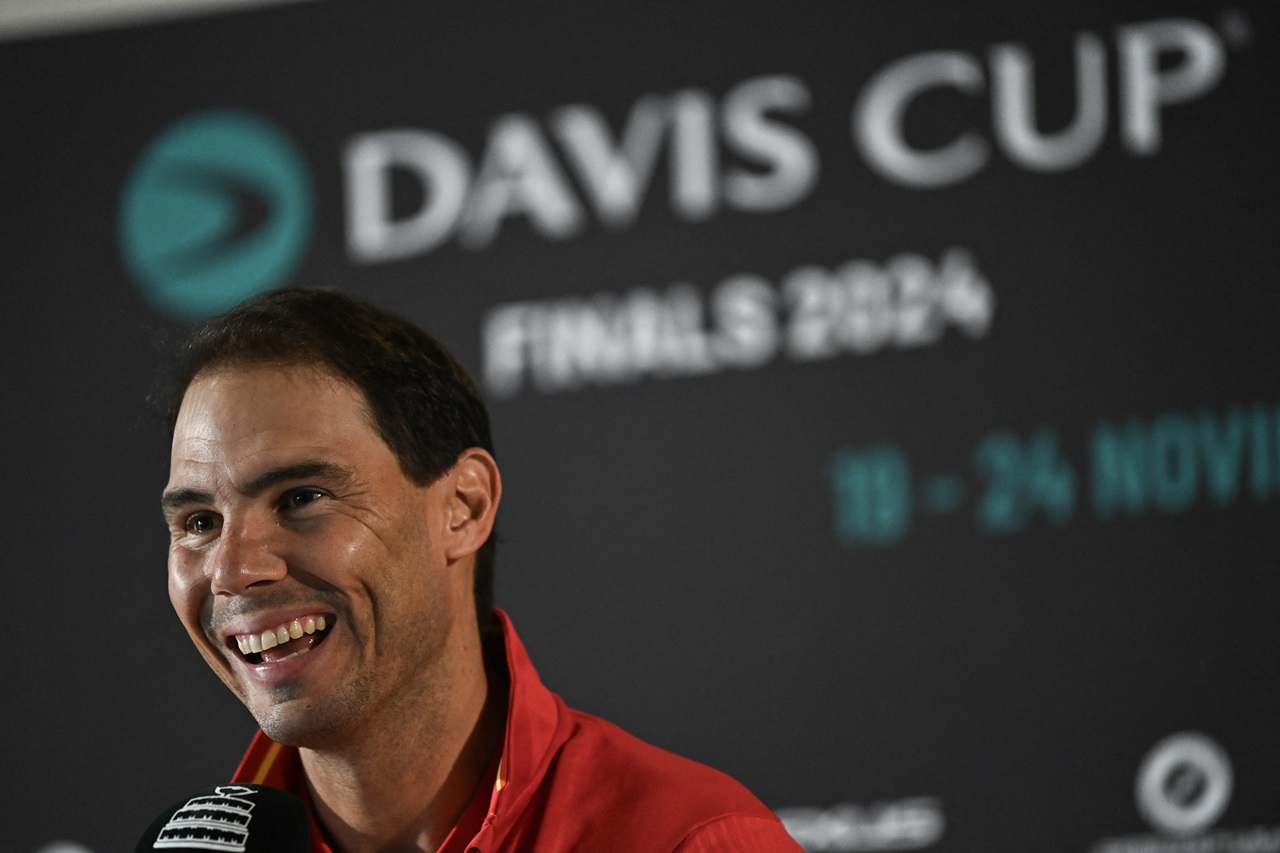
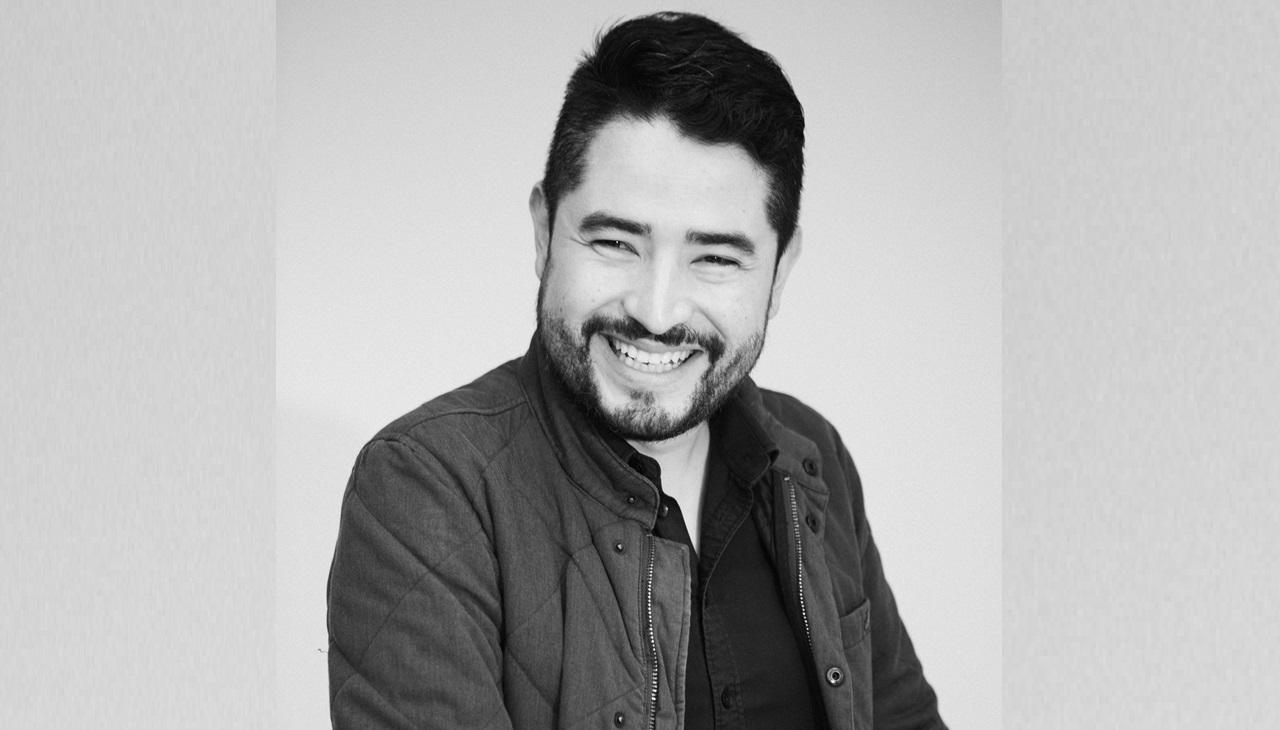
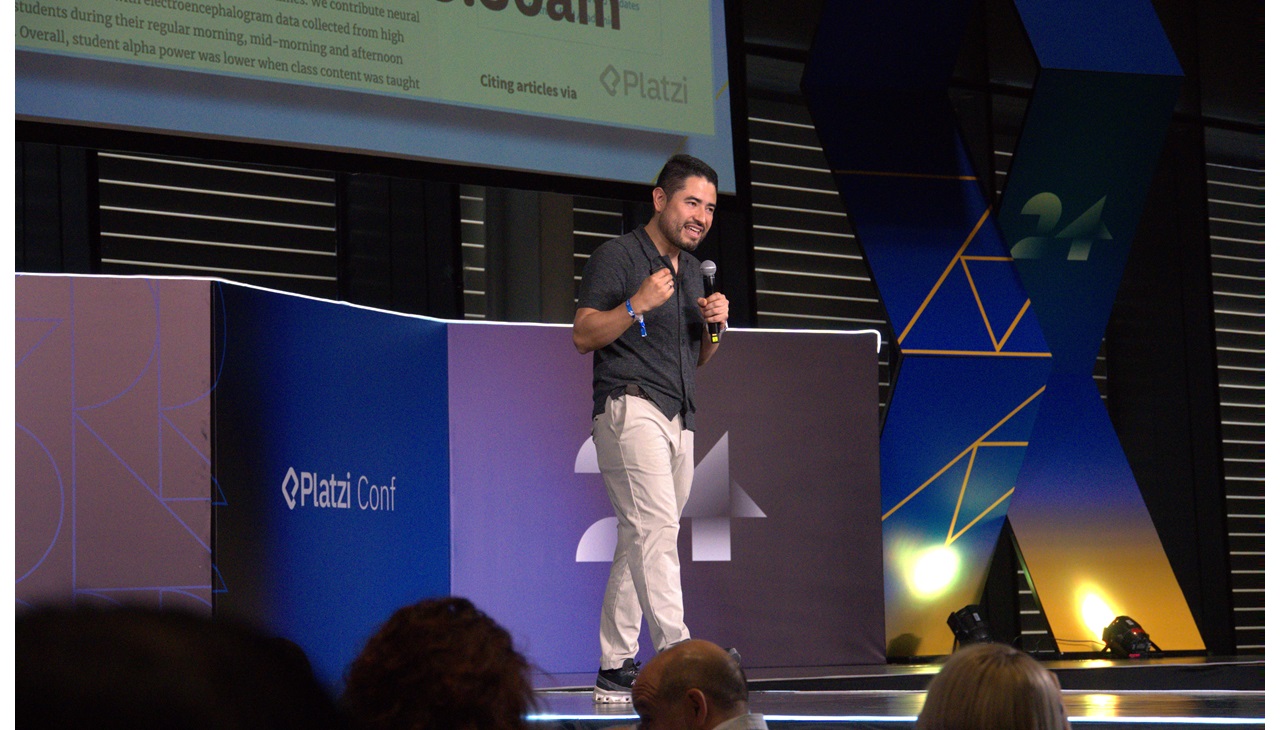



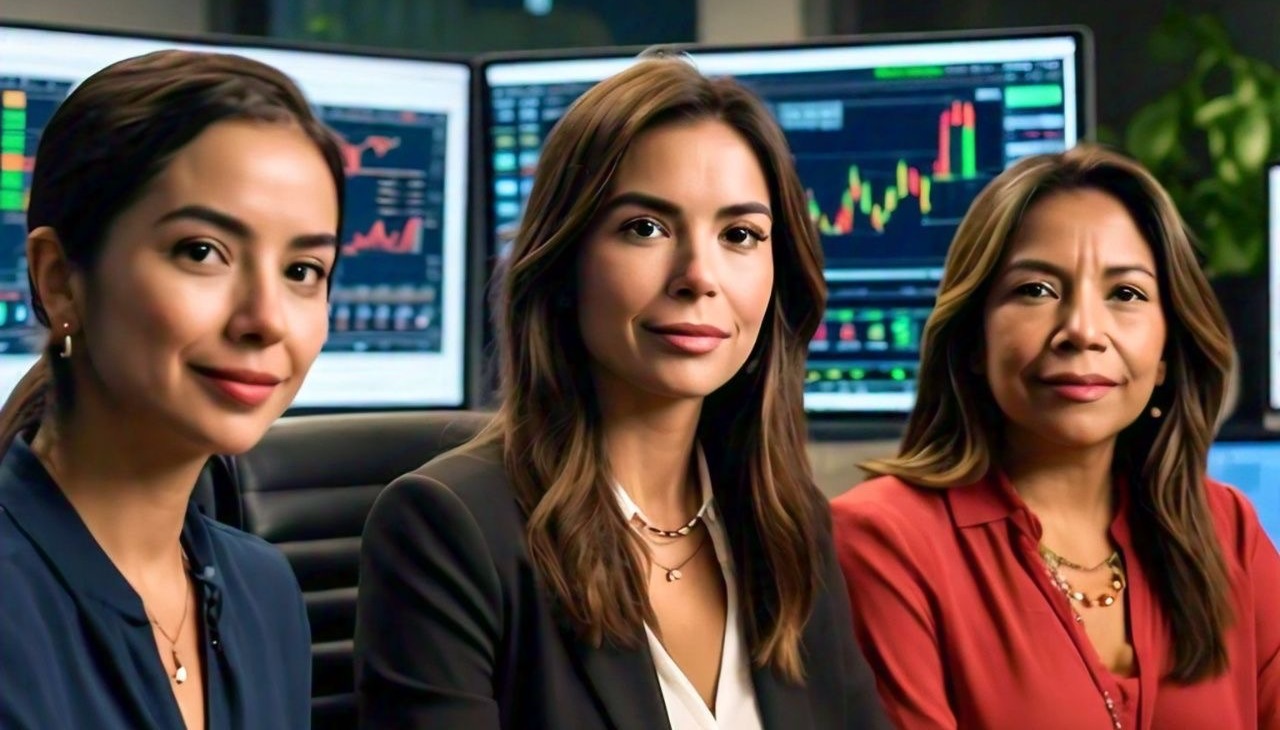
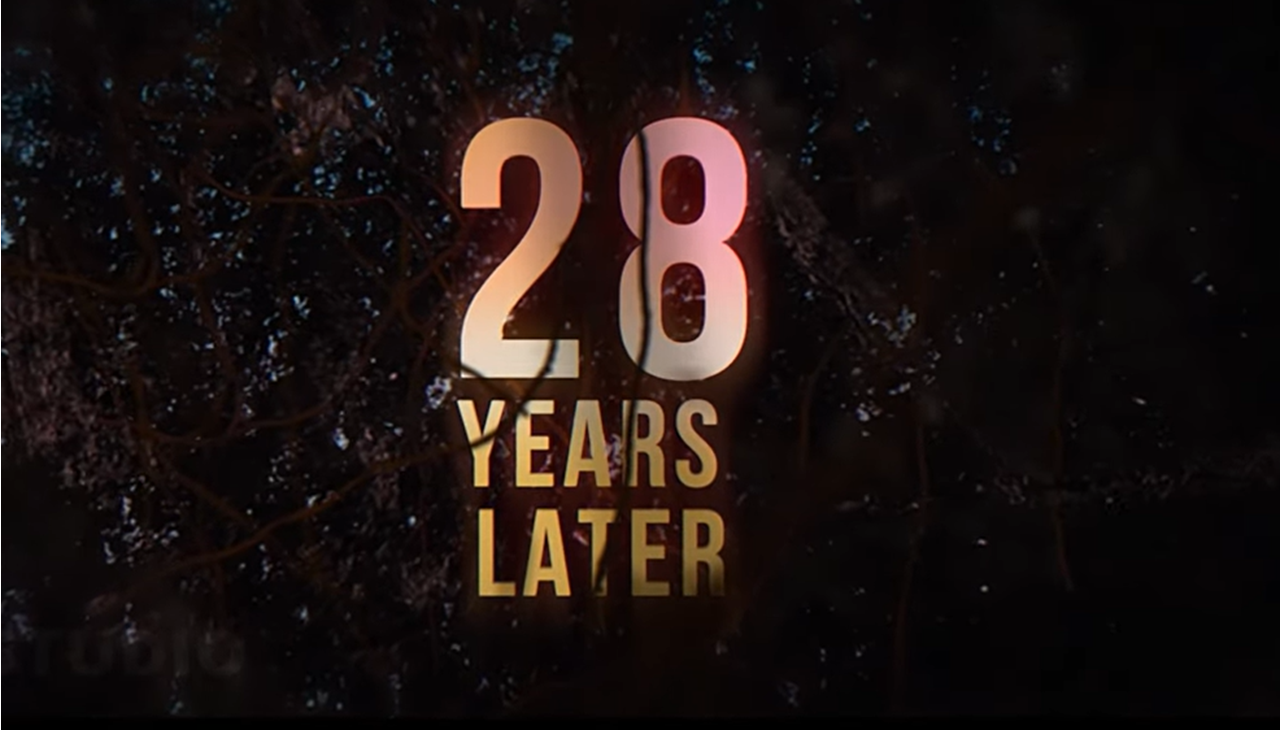
LEAVE A COMMENT:
Join the discussion! Leave a comment.